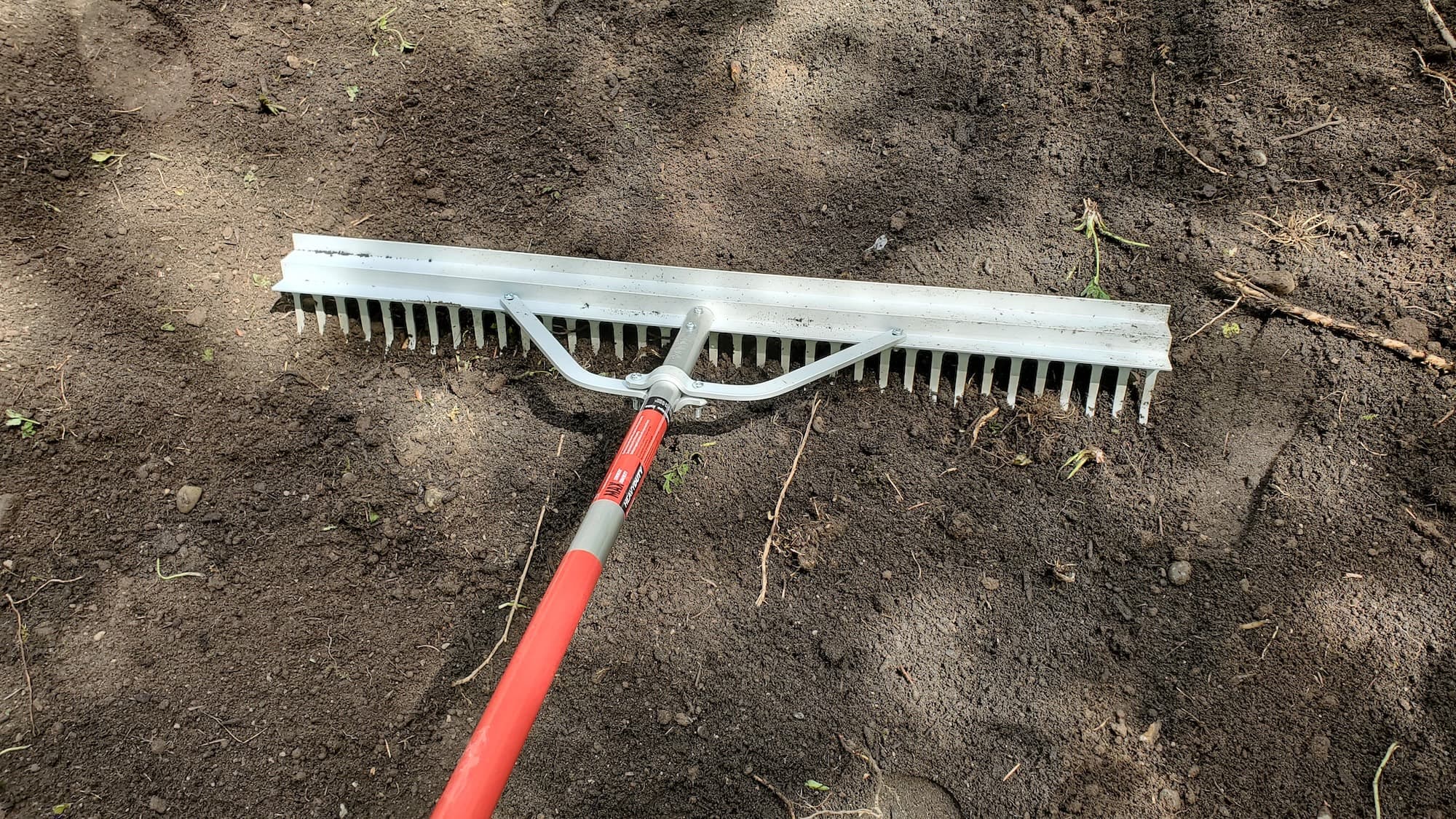West Seattle Gravel Driveway Resurfacing
Homeowner’s Issue
West Seattle driveways face a few predictable problems: heavy winter rain, short dry summers, and lots of runoff from hill slopes. Many properties sit on glacially-derived soils — compacted loam with clay pockets — so gravel migrates, settles, and develops ruts where water channels. Shaded spots under alder and cedar encourage moss; exposed drives on Alki-facing lots scuff and lose fines faster. Blackberries and English ivy commonly encroach at edges, and curb appeal matters — especially in neighborhoods with HOA covenants around front-yard appearance.
Because Seattle’s rain is steady in fall–spring, resurfacing during a dry window (late spring to early fall) gives the best results. Drainage is the top failure mode here: without a proper crown, speed bumps of runoff form and gravel washes into gutters. Sustainable, non-chemical solutions are practical and effective: reclaiming base material, adding geotextile where needed, grading for sheet flow, and installing discreet drains or rock-lined swales. Those fixes reduce maintenance and keep your driveway functional through West Seattle’s wet season while staying compliant with local water-care expectations and low-impact design principles.
Our Quality Service
We strip, assess, grade, and replace gravel using hand tools and compactors when possible; for larger jobs we bring small equipment that fits typical West Seattle access. We use recycled or locally sourced aggregate matched to your driveway’s slope and traffic load. Work includes mechanical weed removal, regrading for proper crown and runoff, and installing geotextile fabric or edging where it helps keep material contained.
Typical timeline: most single-drive drives are completed in one day; complex drainage or steep-site work can take 1–3 days. We schedule work in a dry window and avoid chemical weed control — all methods are sustainable. Benefits include safer, more attractive access, reduced washouts, and lower ongoing maintenance. We focus on lasting solutions: improved drainage, contained gravel, and less chance of moss in shaded pockets.
What’s Included
- Site assessment and photos documenting problem areas.
- Manual weed and invasive removal (no herbicides).
- Regrading to re-establish crown and drainage lines.
- Placement of geotextile fabric where needed.
- Fresh gravel delivery, spreading, and compaction.
- Edging or simple timber/stone containment as requested.
- Final cleanup and haul-away of debris (green-bin or dump option).
Options / Upgrades
- French drain or rock swale installation for persistent pooling.
- Heavier base course for driveways with regular truck traffic.
- Native, low groundcover edge planting to stabilize slopes.
- Haul-away vs. green bin disposal choices; compost-suitable green waste separated when possible.
Before & After / Expectations
Expect noise and some dust during the workday; we stage materials to minimize neighborhood impact and keep public sidewalks clear. Access: we need vehicle access to the site for material delivery — narrow alley or steep stairs may add time. After compaction you can typically drive on the surface the same day, but allow 24–48 hours for settle where added fines are used.
Post-job care for West Seattle:
- Avoid heavy turning in newly finished curves for a few days.
- Weed pressure peaks in spring and late summer — plan light follow-up weeding.
- Moss-prone shaded areas benefit from removing debris, trimming overhead limbs, and adding grit or coarse gravel to improve shedding.
- Check edges after the first heavy rain and we’ll return for minor touch-ups if needed.
FAQs
Q: How long will resurfacing last?
A: With proper drainage and light maintenance, 3–7 years between top-ups is typical; high-traffic or steep sites need more frequent attention.Q: Can you do this without chemicals?
A: Yes. We use mechanical removal, hand-pulling, and improved surface design — no herbicides.Q: When’s the best time to schedule?
A: Late spring through early fall is ideal in West Seattle to avoid winter washouts and get proper compaction.Q: Do you handle permits or HOA requirements?
A: We’ll advise on common neighborhood rules (Alki, Admiral, Fauntleroy areas) but homeowners usually handle HOA filings; we provide photos and scope for submissions.
Call to Action
If your West Seattle driveway is rutting, washing out, or overtaken by weeds and moss, book a free estimate. We schedule quickly for spring and fall windows, focus on sustainable fixes, and know the tricks for Alki and Admiral slopes. Email us to set a site visit: neatandtidyseattle@gmail.com.










